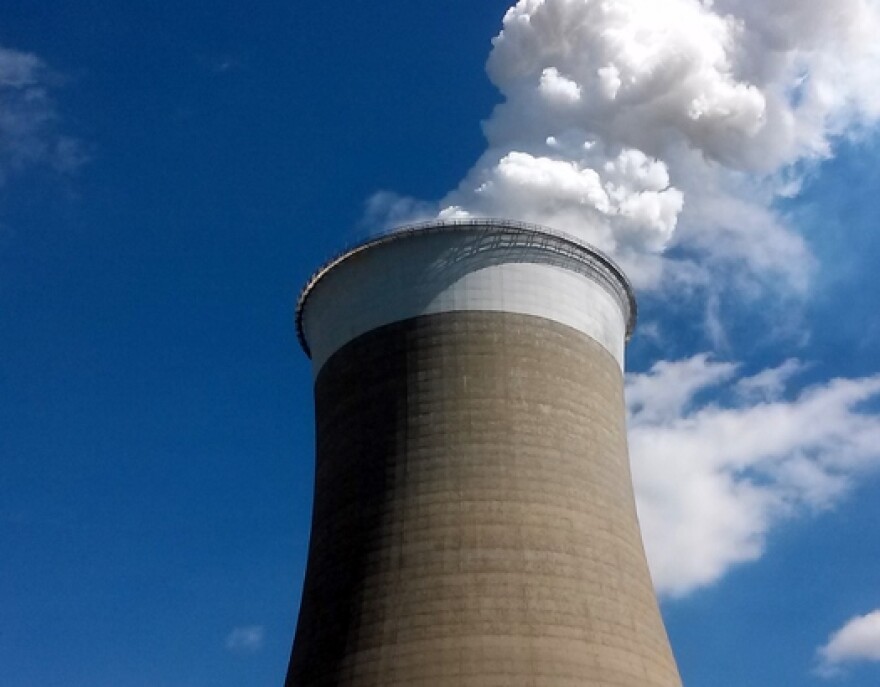Saying the Environmental Protection Agency (EPA) should have considered the costs of tougher emissions standards on the power industry, the U.S. Supreme Court has ordered the federal agency to take another look at its new rules on air pollution from coal-fired power plants.
Of the 19 coal-fired power plants in Kentucky, plans have already been announced to retire five of them.
Nachy Kanfer with the Sierra Club's Beyond Coal campaign says while the Supreme Court decision is "disappointing," the country is still marching toward cleaner air.
"In Kentucky, despite the Supreme Court's ruling, mercury from coal-fired power plants will be decreasing because of projects that have already started to either retire coal plants and replace them with something cleaner, or install new pollution-controls, like scrubbers, to get the mercury out of the smokestacks," he says.
The EPA claims the economic benefits from cleaner air could reach $90 billion per year. The more stringent rules, already in effect, will remain in place while the case goes back to a lower court to decide how the EPA should factor in the costs to the power industry.
The two dozen states that challenged the EPA, including Kentucky, claim the price tag for compliance is $9.6 billion annually.
Jim Pew, an attorney with Earthjustice, says the EPA is facing "a very well-funded, very deliberate propaganda campaign by companies that don't want to pay to clean up their pollution."
"It's a big number, but the number looks a lot smaller when you compare it to what the cost is of not controlling this pollution," he says. "Nobody is really disputing that this rule is going to save between 4,000 and 11,000 lives every year."
Pew says delays mean more profits for power companies, but Senate Majority Leader Mitch McConnell blamed the Obama administration for what he labels "massive and regressive regulations."




